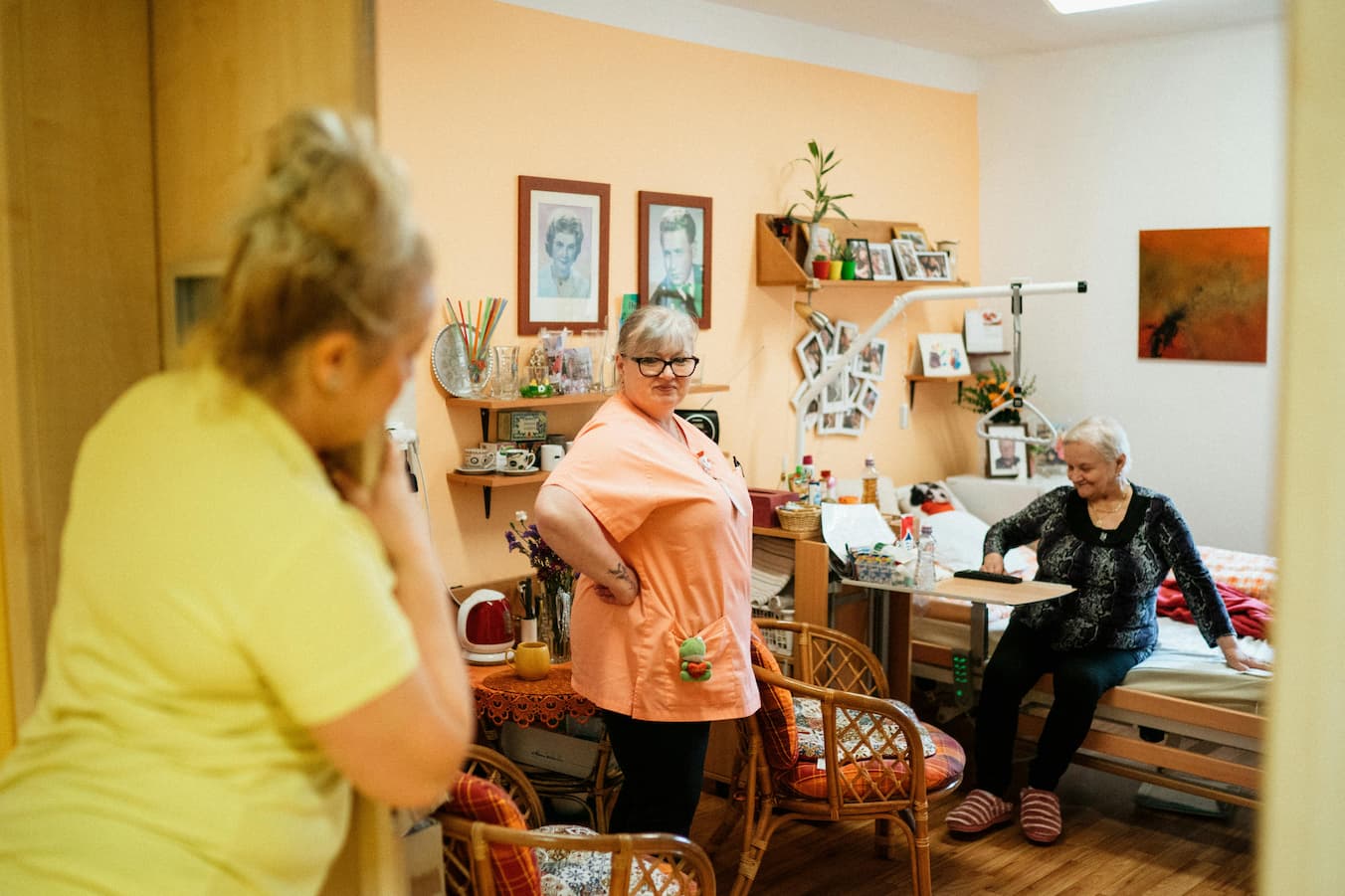
Palliative care is a compassionate approach to giving care and support for those with life-limiting illnesses. This type of care is focused on providing relief from symptoms and at the same time improving the quality of life for both patients and their facilities. In a Home care setting, it creates a holistic approach that the patients will have comfort and support in their own familiar abode. Palliative care follows a set of principles and practices that highlights its significance in enhancing the well-being of those facing serious health challenges. And here, we talk about some of them.
Patient and Family Centered Care. One of the core principles and Practices of palliative care is Patient and Family centered care. When availing the service, the patient and their family will be informed of their individualized care plan which comes in fully customized addressing each specific symptom, preferences and need. This is to make it so that the patient and family are well accounted for. Family is also involved in this so that they may incorporate their own insights, concerns into the decisions that are to be made.
At this time, the family is also educated about their patient's condition, care needs and other options to prevent caregiver burnout.
Symptoms and Pain Management. Effective Pain Management and Symptom controls is another of the core principles and practices of palliative care. Carers have the responsibility of ensuring that the patient's pain would be handled. These may include symptoms like nausea, breathlessness through medication and other pain-relieving alternative therapies.
Holistic Support. Carers also provide emotional and psychological support towards the patient and the family involved. When someone has a life-limiting illness, emotions are low and somber. Emotions are also quite contagious. Hence, it is also a carer's job to provide a rather holistic support where emotional and psychological support is provided.
Palliative care in domiciliary settings represents a compassionate and holistic approach to supporting individuals with serious illnesses. By focusing on comfort, dignity, and comprehensive support, this gentle approach ensures that patients can receive the care they need in the warmth and familiarity of their own homes. The principles and practices of palliative care not only enhance the quality of life for patients but also provide invaluable support to their families, creating a network of care that truly understands and meets their needs.